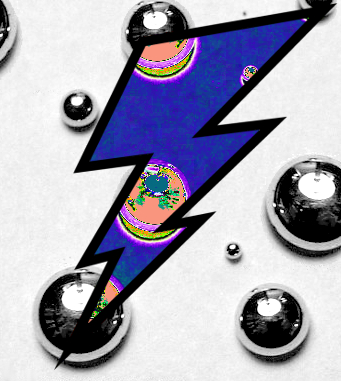Low cost catalysts for water-fueled future
 Engineers have developed a new way to create hydrogen fuel with a method potentially hundreds of times cheaper than before.
Engineers have developed a new way to create hydrogen fuel with a method potentially hundreds of times cheaper than before.
There are many who hope the future will be driven by eco-friendly hydrogen fuel for almost all our energy needs.
Hydrogen can be burned to create heat and used in fuel cells to make electricity. It is an efficient way to store energy, and when burned it creates a single byproduct - water.
But like so many of the scientific world’s alternative energy panaceas, hydrogen-splitting technology remains prohibitively expensive.
It requires rare and expensive oxidation-resistant noble metals, like platinum, to act as a catalyst for splitting hydrogen and oxygen to make the fuel.
Better catalysts are need before hydrogen’s potential as alternative fuel source can be realised.
Along these lines, researchers at the University of Wisconsin have discovered a cheap and efficient alternative to noble gases as a catalyst in hydrogen production.
They found that a combination of phosphorus and sulphur (both quite common elements) and cobalt (a metal 1,000 times cheaper than the cheapest noble metals), can fulfil the same role.
The new catalyst is almost as efficient as platinum and shows the highest catalytic performance among the non-noble metal catalysts reported so far, chemistry professor Song Jin reports.
More details are available in the full report, published in the journal Nature Materials.
But the quest to find the ingredients for the new hydrogen economy continues.
Although electricity is the usual energy source for splitting water into hydrogen and oxygen, “there is a lot of interest in using sunlight to split water directly”, Jin says.
The new catalyst can also work with the energy from sunlight.
“We have demonstrated a proof-of-concept device for using this cobalt catalyst and solar energy to drive hydrogen generation, which also has the best reported efficiency for systems that rely only on inexpensive catalysts and materials to convert directly from sunlight to hydrogen.”
Many questions remain about a catalyst that has only been tested in the lab, Jin says.
“One needs to consider the cost of the catalyst compared to the whole system.
“There's always a tradeoff: If you want to build the best electrolyser, you still want to use platinum. If you are able to sacrifice a bit of performance and are more concerned about the cost and scalability, you may use this new cobalt catalyst.
“If you want to make a dent in the global warming problem, you have to think big.
“Whether we imagine making hydrogen from electricity, or directly from sunlight, we need square miles of devices to evolve that much hydrogen. And there might not be enough platinum to do that,” Jin said.








 Print
Print